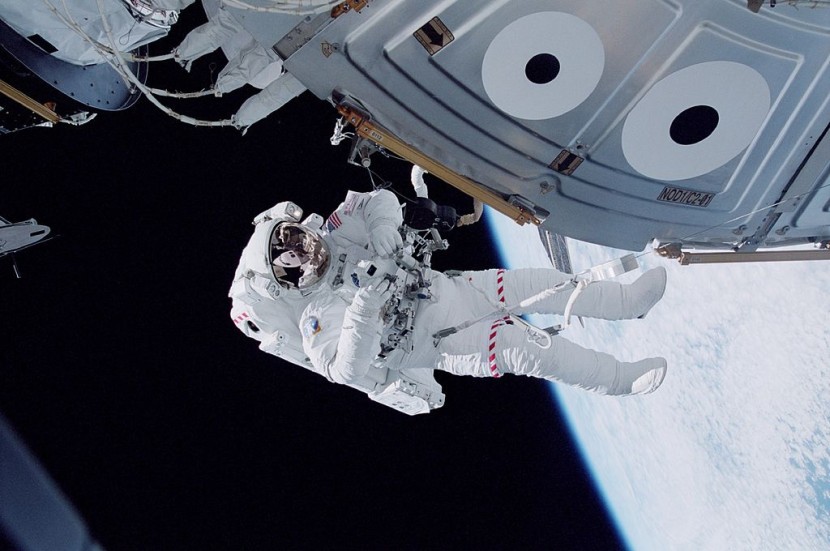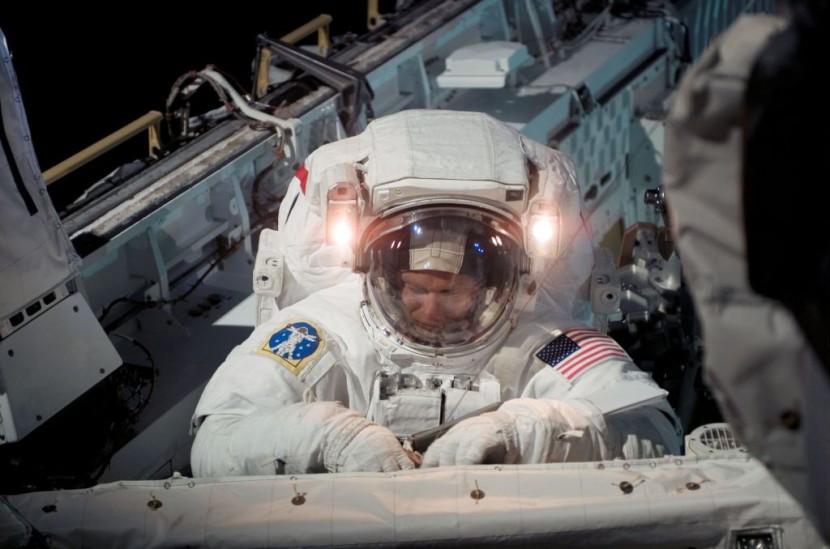Space travel is actually affecting the immune system of NASA and CSA astronauts.

This was revealed by a new study conducted by researchers from the University of Ottawa in Canada.
For the past years, numerous studies shared how space missions (being in zero-gravity) affect bones and other parts of the human body.
Now, the new Canadian Space Agency-funded research conducted by Canadian experts focused on observing 14 astronauts-11 men and 3 women-to understand how traveling in space impacts their immune systems.
The study followed NASA's recent study about detailed changes in the brains of astronauts.
Space Travel Affects Immune System of NASA Astronauts
According to ABC News AU's latest report, the new study observed astronauts who spent between 4.5 and 6.5 months at ISS (International Space Station).

Read Also : Study Finds That Testosterone Therapy Does Not Have Adverse Effects on Men's Cardiovascular Safety
The study's participants were those who specifically stayed at the ISS between 2015 and 2019. Their findings revealed that the gene expressions of astronauts' cells called leukocytes drastically decrease when they are in space.
But, these gene activities usually go back to normal as soon as they return to Earth. Based on these findings, the immune system strengths of NASA and CSA astronauts weaken when traveling in space.
Astronauts More Vulnerable To Infections
Since the astronauts' immune systems are weakened during space missions, their bodies are more vulnerable to infections.
"A weaker immunity increases the risk of infectious diseases limiting astronauts' ability to perform their very demanding work in space," explained Odette Laneuville, the study's lead author.
Dr. Guy Trudel, a University of Ottawa professor, also said that if an infection worsens, astronauts could be in grave danger since they have limited access to medication and care.
He added that discovering gene expression alteration in astronauts is a significant step in understanding human immune dysregulation outside Earth.
With their latest findings, the new study revealed that space flights really do have negative effects on astronauts' health.
Due to this fact, Dr. Trudel said that new and specific countermeasures to prevent the weakening of the immune system are needed.
If you want to learn more about this new Canadian study, you can visit it in the Frontiers in Immunology journal.
© 2026 HNGN, All rights reserved. Do not reproduce without permission.








